Nissan unveils sporty all-electric Leaf Nismo
Motor tweaks and chassis improvements cut the EV’s 0-60mph time to 7.5 seconds
A free daily email with the biggest news stories of the day – and the best features from TheWeek.com
You are now subscribed
Your newsletter sign-up was successful
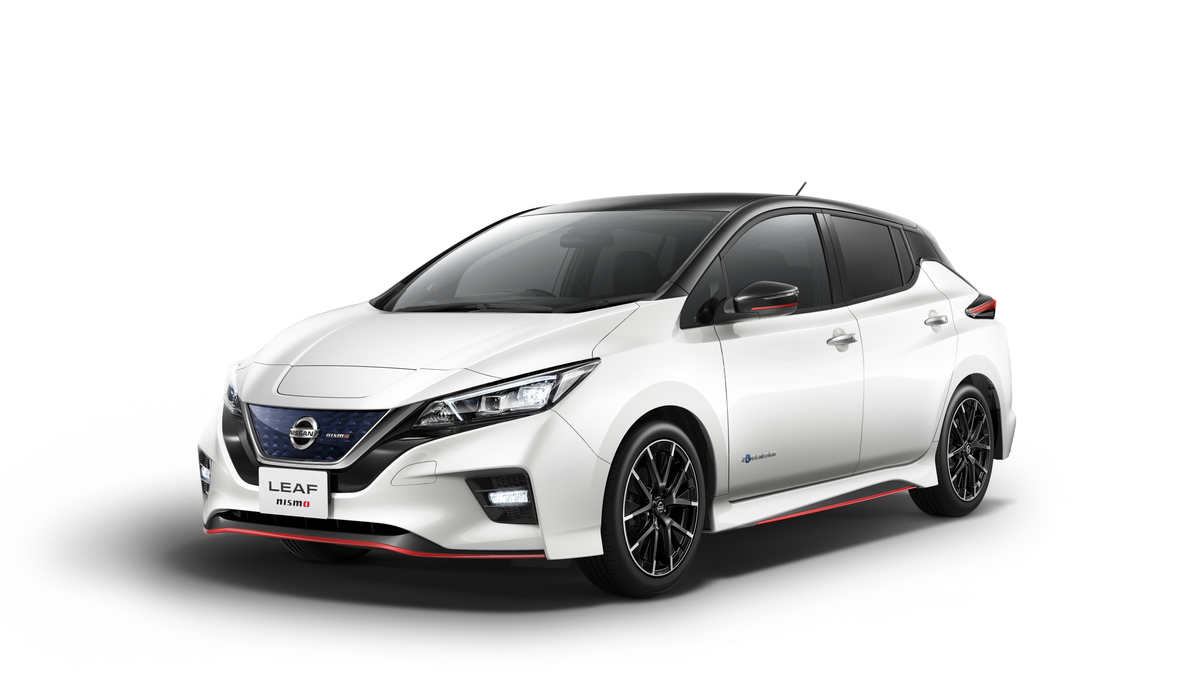
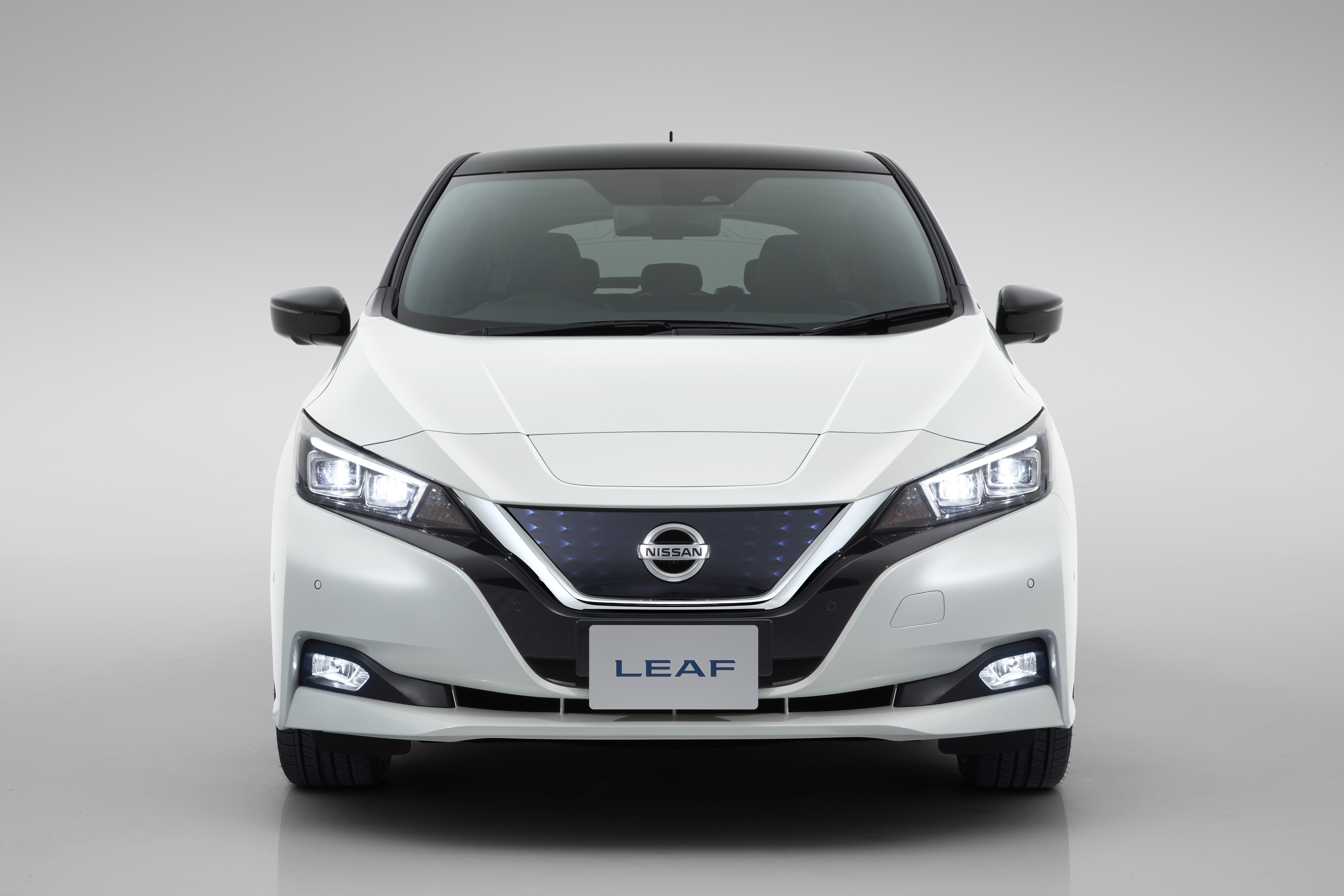
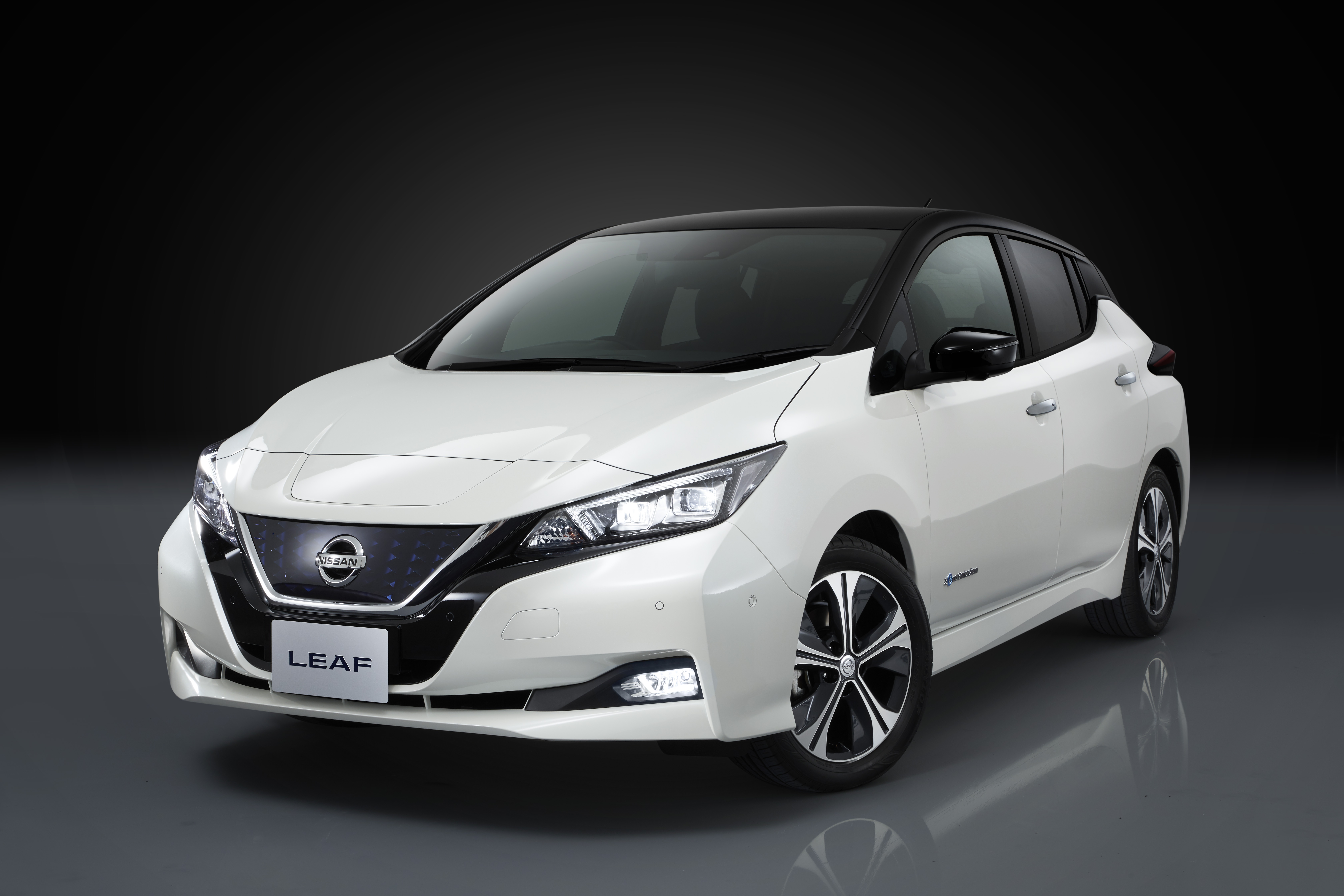
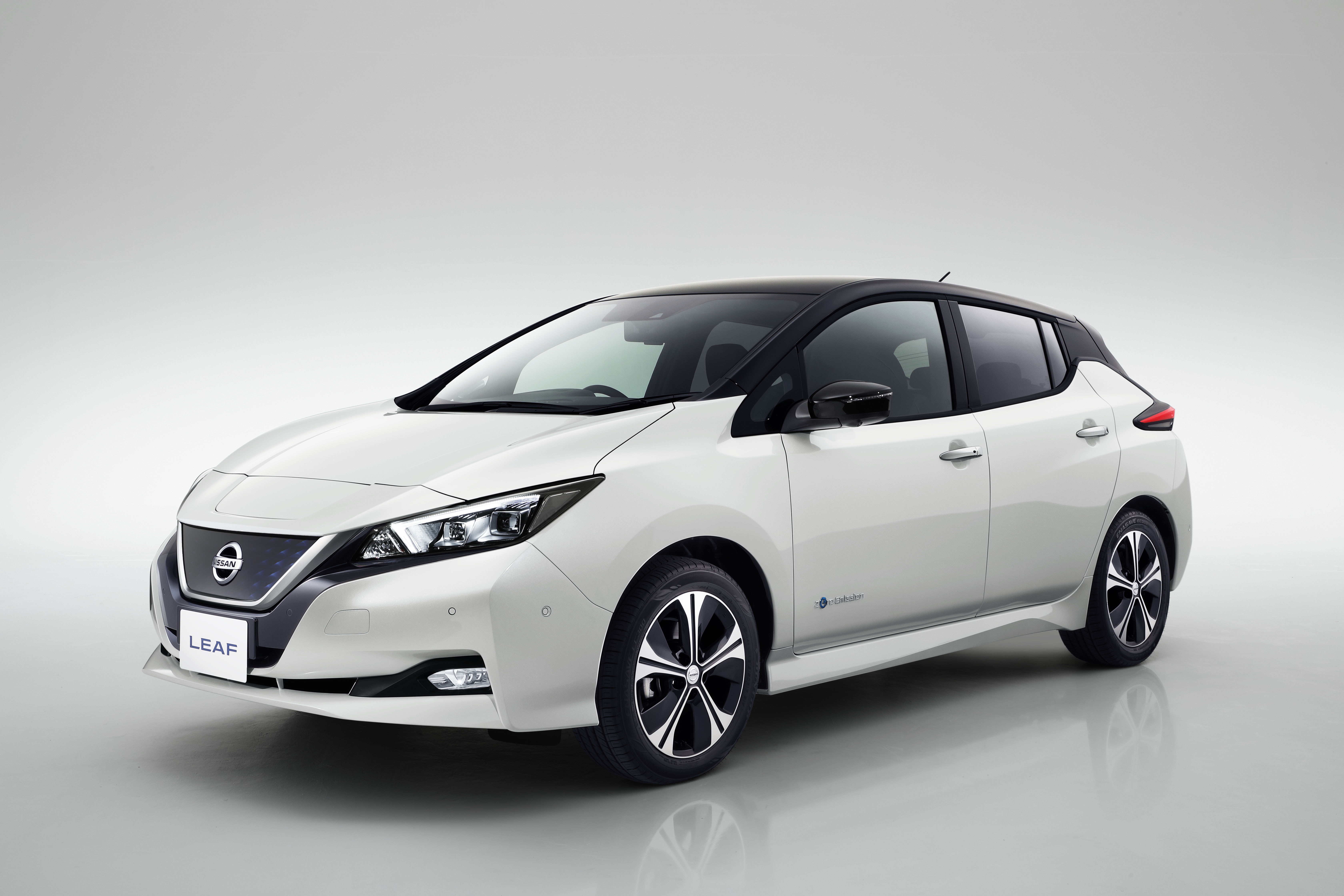
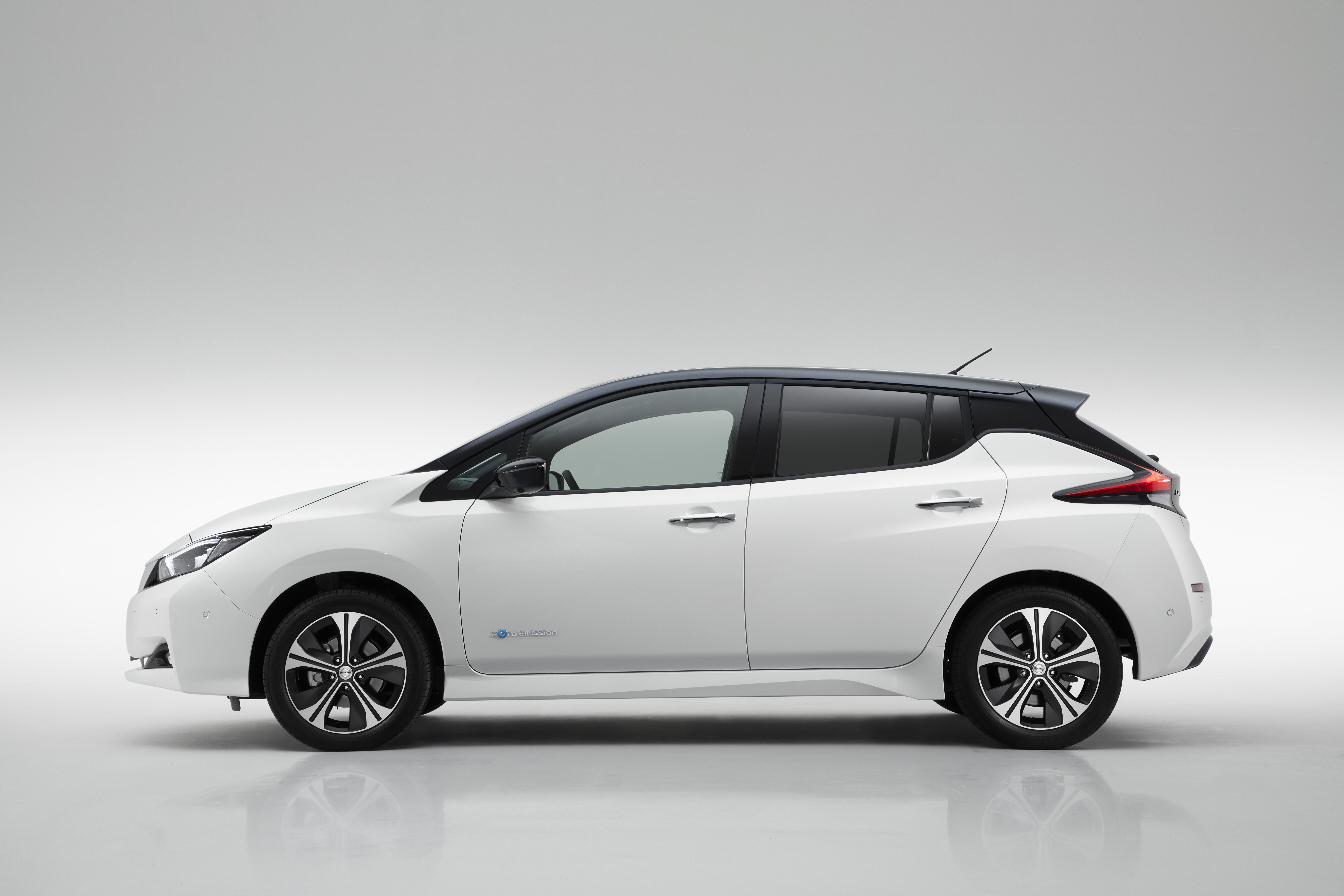
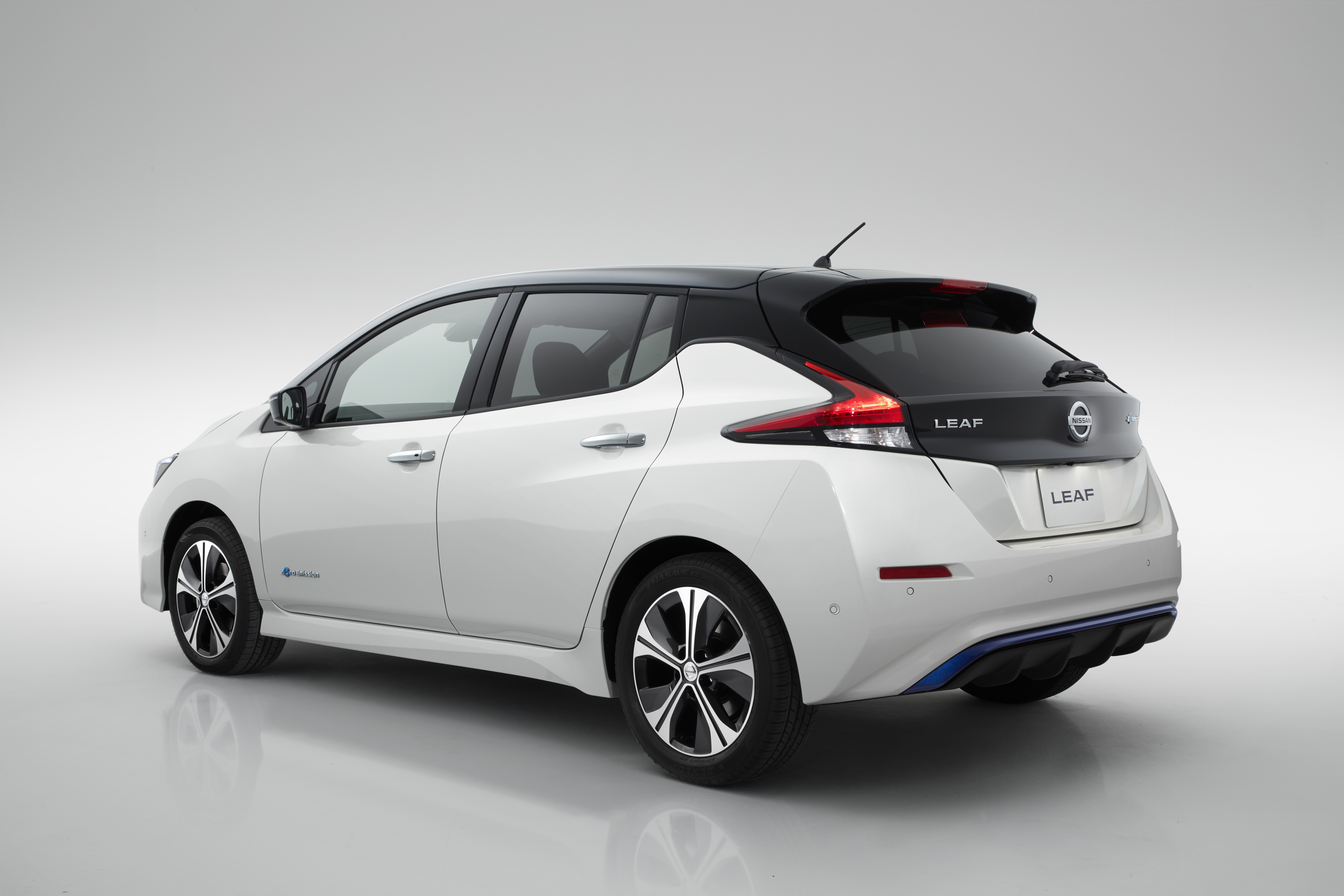
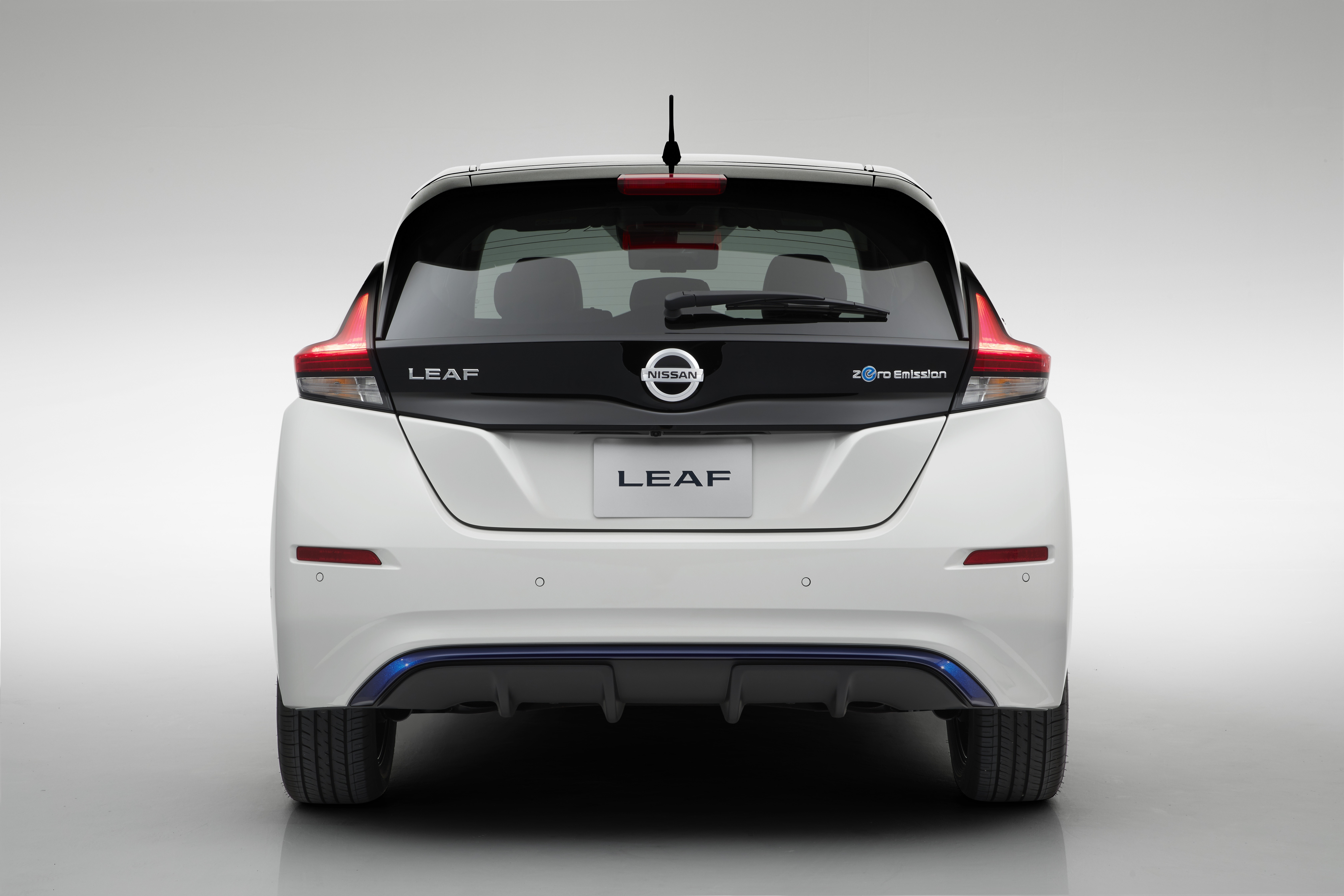
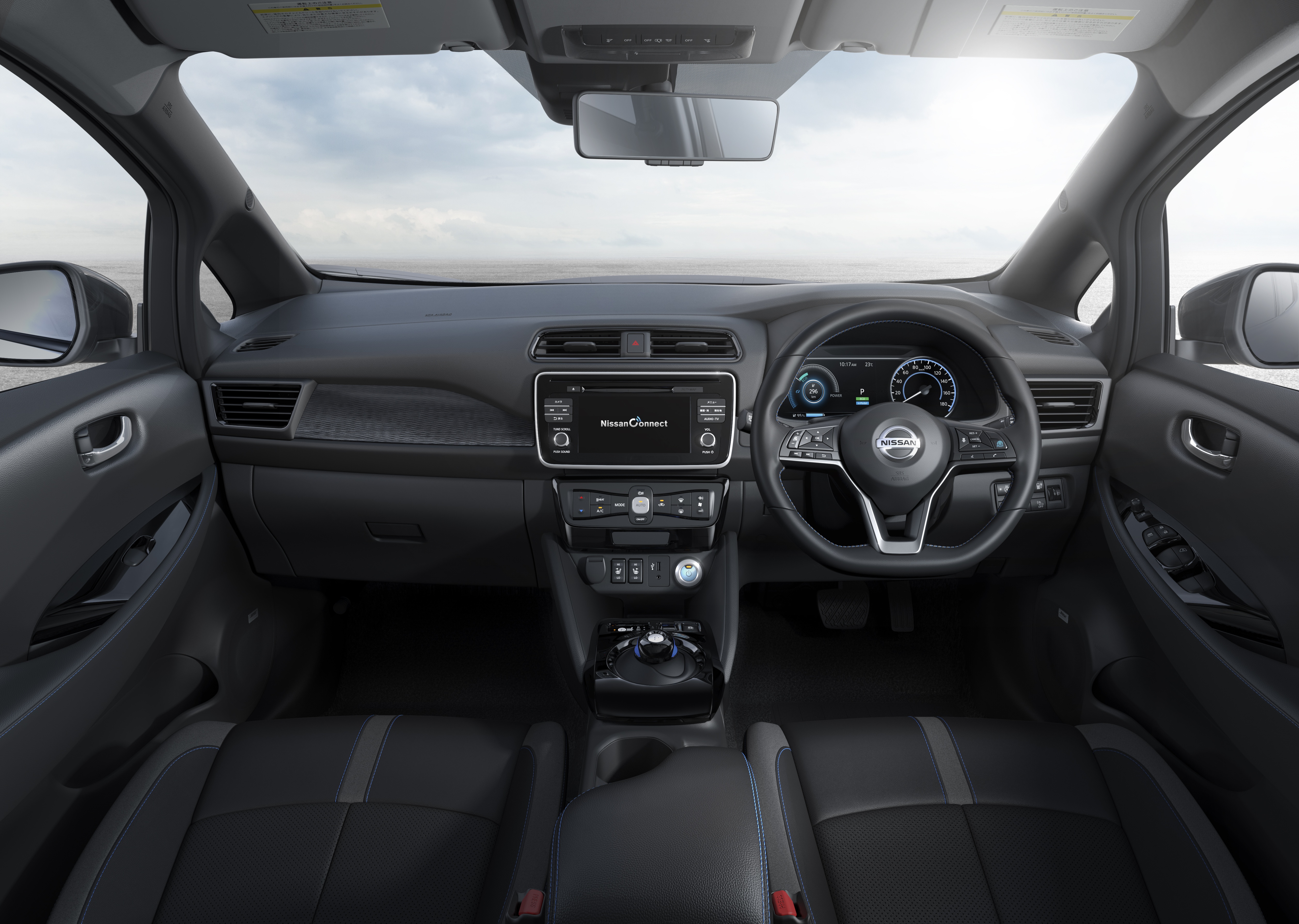
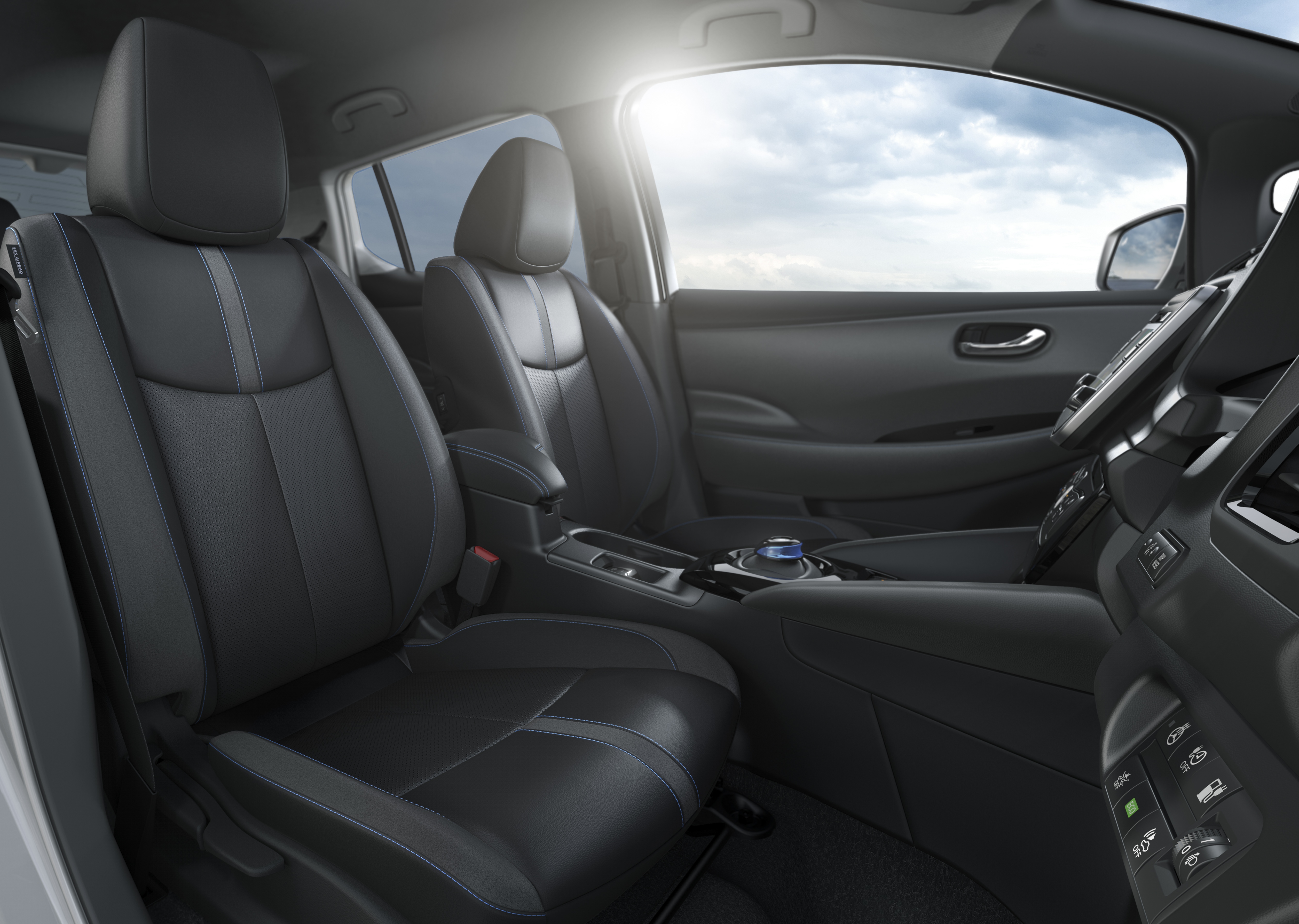
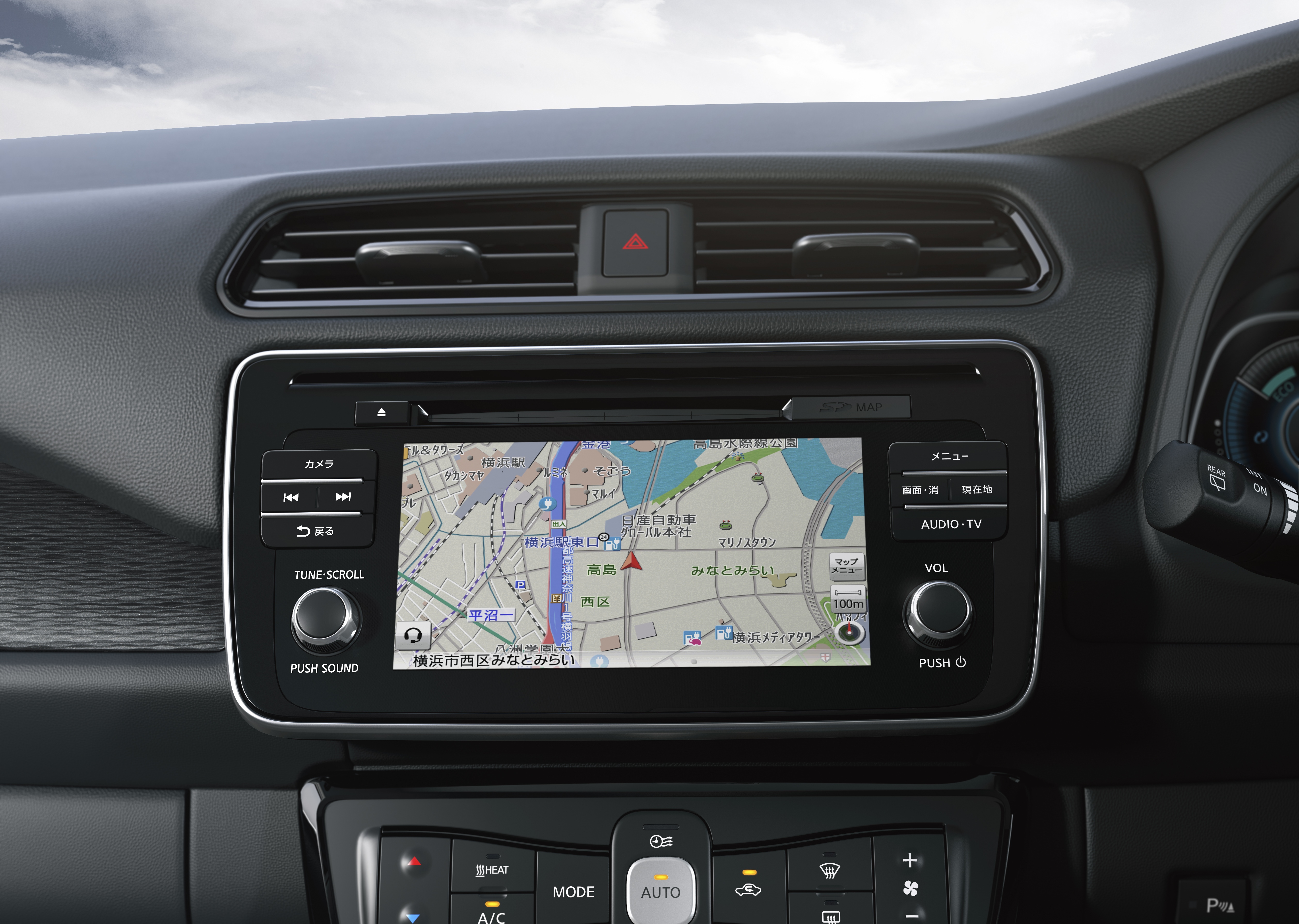
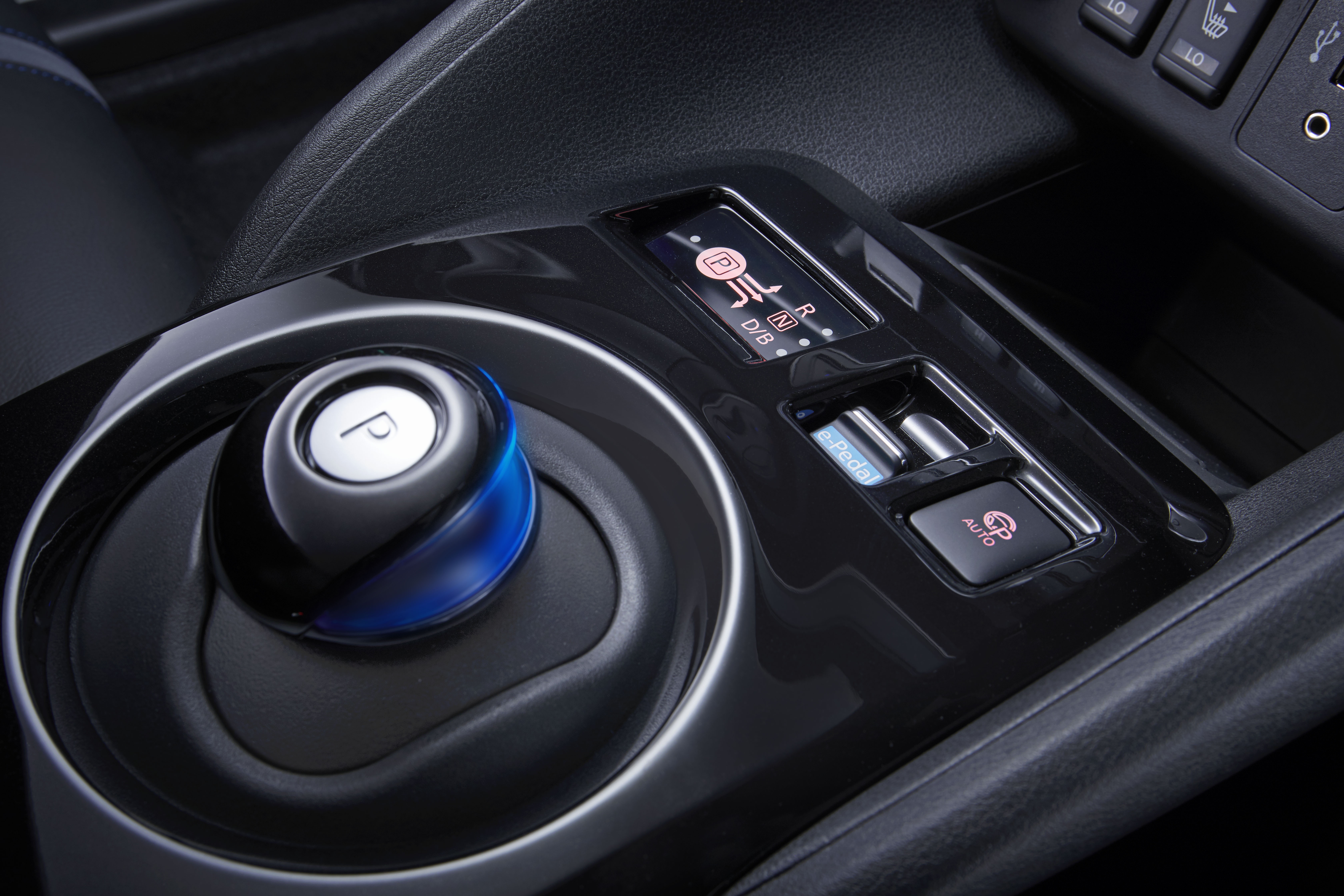
Nissan has taken the wraps off a sportier version of its new Leaf electric car.
The Japanese carmaker's Nismo performance division has overhaul both the Leaf’s styling and electric motor performance, to give the hatchback a more aggressive edge.
The new model adopts the same carbon-fibre splitter and side skirts used on the majority of Nissan’s performance models, as well as a small diffuser at the rear end. These are highlighted in red, adding to the EV’s sporty looks.
The Week
Escape your echo chamber. Get the facts behind the news, plus analysis from multiple perspectives.

Sign up for The Week's Free Newsletters
From our morning news briefing to a weekly Good News Newsletter, get the best of The Week delivered directly to your inbox.
From our morning news briefing to a weekly Good News Newsletter, get the best of The Week delivered directly to your inbox.
The car also retains the standard Leaf’s electric motor system, CNet says, but Nismo has fine-tuned the EV’s computer to improve acceleration times. This helps the hatchback achieve 0-60mph in 7.5 seconds - around half a second faster than the standard car.
The Leaf Nismo is more driver-focused, too, thanks to a number of tweaks to the chassis, the tech site says. New suspension and specially-developed 18in wheels, plus a number of adjustments to the traction control system, should improve the EV’s handling in twisty corners.
Inside, the cabin has been adorned with “Nismo red accents” on the dashboard, stitching and steering wheel, the Daily Express reports. Drivers also get the touchscreen infotainment system and digital instrument cluster featured in the base model.
A UK release date and pricing has yet to be announced, but according to the newspaper, the Nismo model will launch Japan before heading overseas.
A free daily email with the biggest news stories of the day – and the best features from TheWeek.com
What about the standard car?
Nissan’s second-generation Leaf electric car can now be ordered in Britain. After losing ground to rivals, the Japanese car giant is hoping to retain its place as world leader in the EV market.
The company’s first Leaf, which made its debut in 2010, is currently the “world’s best-selling electric car”, according to Autocar, as it launched at a time when EVs were in their infancy.
But the electric car market is significantly more populated now than it was eight years ago following the rapid growth of Elon Musk’s EV firm Telsa.
Price and release
Prices for the new Leaf range from £21,990 to £27,490, Car Buyer reports. The price includes the £4,500 grant the Government gives to electric car buyers.
A special launch edition – the Leaf 2.Zero – costs £26,490, the website adds. This model is “very well equipped” as it features a digital dashboard and Nissan’s autonomous ProPilot system.
Orders are now open, the site says, with deliveries expected in February.
Design
The all-new Leaf has undergone a complete design overhaul. Gone are the curved lines of the first-generation model. These have been replaced by angular crease lines in the car’s bodywork and a sharper grille derived from the company’s new Micra.
The “aggressive” new look is aimed at attracting more customers, says WhatCar?, as Nissan says the curvy shape of the outgoing model wasn’t popular with buyers.
The second-generation Leaf also has a seven-inch touchscreen infotainment system with sat-nav, the magazine says. It’s noticeably “airier” than its predecessor as the wheelbase has been lengthened. It’s also “marginally wider” than before.
The car has a ProPilot self-driving system. Auto Express says this autonomously controls speeds of up to 62mph on motorways.
Power and performance
Underneath the new Leaf’s futuristic bodywork sits a front-mounted electric motor that produces 147bhp, says Autocar, which is 40bhp more than the old model. This helps the hatchback go from 0-62mph in “around eight seconds” – three seconds faster than the first-generation model.
Aside from the increase in power, Nissan has upped the electric car’s battery range from 155 miles to 235 miles on a single charge, according to the magazine.
Auto Express says it takes 40 minutes to charge the car’s battery to 80% of its capacity, just like it does on the outgoing model. A full charge will take about six hours with a standard wall charger.
Reviews
Step inside the Leaf’s cabin and you’ll find a “simple to use” 7in infotainment screen with satnav, a DAB radio and Apple CarPlay, WhatCar? says.
Although drivers should have no problem seeing out of the windscreen, rear “visibility could be better”, the website reports. The seating position is also quite high, which could be divisive among buyers. The steering wheel “only moves up and down”, and not in and out, which could be a “big issue”, WhatCar? adds, as drivers may be left sitting too close or too far away from the wheel.
While the new Leaf emits a small “whine” under acceleration, says Auto Express, the EV is “quieter than ever when you’re on the move”. A small amount of tyre noise can be heard in the cabin, but that’s only because “it’s otherwise so serene”.
The EV’s 30kWh battery remains the same size and weight as the outgoing model, the magazine says, but the Japanese carmaker “has done a good job of disguising it”. The faster steering and low centre of gravity make the car feels far more balanced than its predecessor.
Charging takes eight hours using a standard wall socket, reports Top Gear, or drivers can top up to 80% battery in just 40 minutes using the rapid-charge network spreading across the UK.
The car’s electric powertrain means it costs nothing to tax, and Londoners won’t have to pay the congestion or toxicity charge, the site says. Plus, Nissan will lend you a combustion-engined vehicle for up to 14 days in the first three years of ownership if you need to travel long distances.